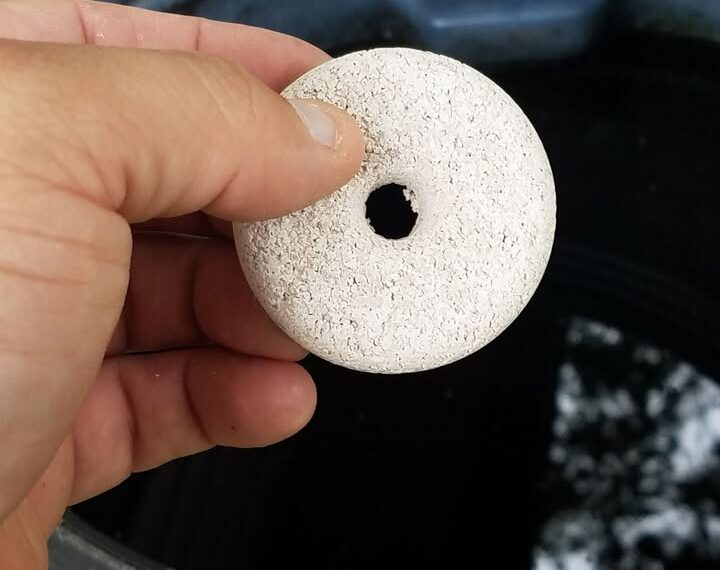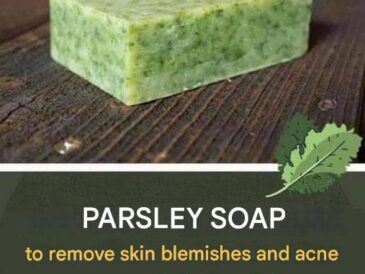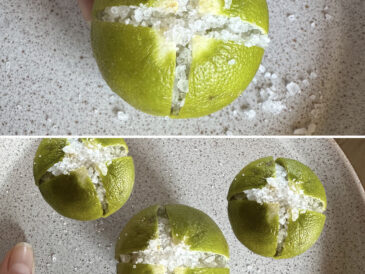While controversial in some circles, DEET remains the gold standard.
- Recommended by the World Health Organization and CDC
- Provides long-lasting protection (up to 12 hours)
- Safe for skin application in approved concentrations
🧬 Clinical trials have proven that 20–30% DEET repels mosquitoes more effectively than most alternatives.
3. Picaridin and IR3535
These newer, synthetic repellents offer a less greasy alternative to DEET:
- Picaridin: Odorless and non-irritating, effective up to 8–10 hours.
- IR3535: Found in some commercial bug sprays, works well for moderate exposure.
4. Mosquito Nets and Screens
Sometimes, physical barriers are the best option:
- Use fine mesh screens on windows and doors
- Sleep under a mosquito net, especially in tropical areas
- Install fan traps or UV traps to lure and kill indoor mosquitoes
5. Eliminate Breeding Grounds
Prevention is better than cure. Get rid of any standing water around your home:
- Clean clogged gutters
- Dump water from flowerpot trays, buckets, tires, and tarps
- Change pet water bowls and birdbaths regularly
🧪 Bonus: What the Science Says
- A 2015 Consumer Reports investigation found that most “natural” repellents provided less than 1 hour of protection.
- A 2020 entomological study demonstrated that BTI remains the most effective larvicide in urban and rural mosquito management.
- Another study published in Malaria Journal emphasized that DEET and Picaridin were most effective in areas with high mosquito-borne disease risk.
🔍 Final Thoughts
If you’re serious about keeping mosquitoes away — especially in the heat of summer — don’t rely solely on essential oils and DIY sprays. They may smell nice, but they rarely offer real protection.
Instead:
- Use mosquito dunks (BTI) to treat standing water.
- Apply proven repellents like DEET or Picaridin.
- Block mosquito entry points and eliminate breeding grounds.
That’s what works. And that’s how you get rid of mosquitoes — for good.
Pages: 1 2




